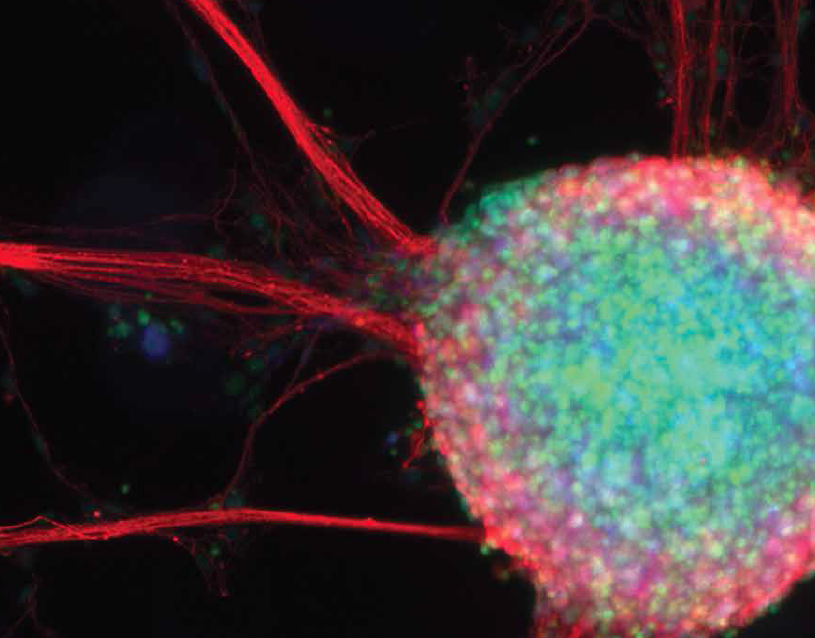
Prof. Yosef Yarden, Department of Biological Regulation
Director, Institute for Cancer Therapy Research, Moross Integrated Cancer Center
[email protected]
Growth factors, along with adhesion and other molecules, play critical roles in invasive cell growth taking place in the developing embryo. Invasive growth rarely occurs in adulthood, but malignancy often harnesses growth factors or their downstream signaling pathways to enhance tumor aggressiveness and metastasis.
The keys to understanding growth-factor action in cancer are their surface receptors: a group of transmembrane glycoproteins whose cytoplasmic tyrosine kinase function is stimulated upon growth factor binding to the extracellular receptor’s part and the induction of dimer formation. An example is provided by the ErbB family of receptor tyrosine kinases (RTKs), which bind a large family of growth factors sharing an epidermal growth factor- (EGF) like domain.
Prof. Yarden addresses the effect of the ErbB family on the mobility of tumor cells and on their ability to cross tissue barriers. He also explores the potential of antibodies directed against selected growth factors to inhibit metastasis.
